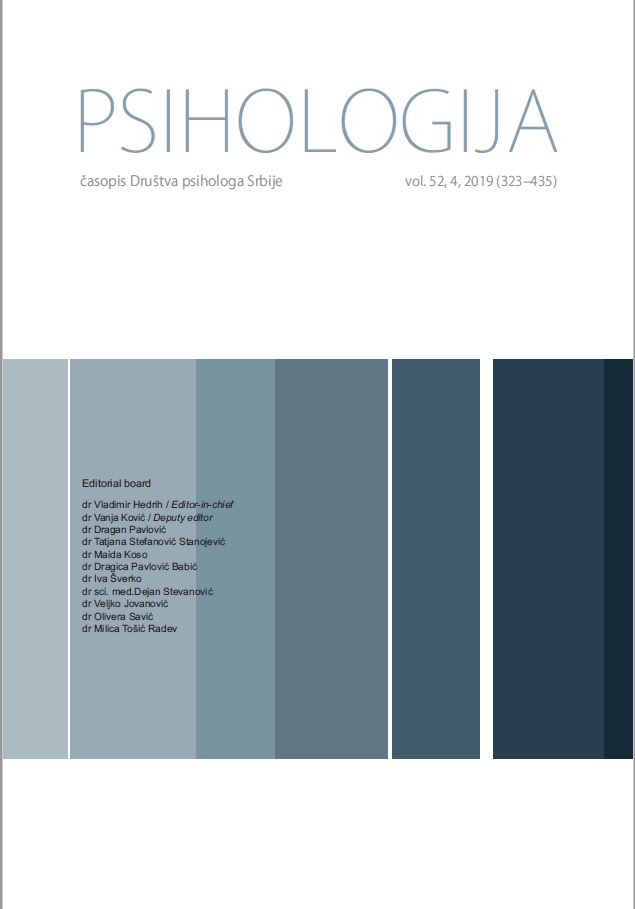A model of attitudinal outcomes of teachers’ psychological capital
A model of attitudinal outcomes of teachers’ psychological capital
Author(s): Mehmet Karakus, Alpay Ersozlu, Selcuk Demir, Muhammet Usak, Helen WildySubject(s): Social psychology and group interaction, Developmental Psychology, Personality Psychology
Published by: Društvo psihologa Srbije
Keywords: teacher;psychological capital;commitment;motivation;job satisfaction;intent to leave
Summary/Abstract: This study aims to determine the relationship between psychological capital and job satisfaction, organizational commitment, motivation, and the intent to leave. The sample of this study consists of 323 teachers in 25 schools that were selected randomly with clustered sampling method from the schools. The structural equation model that yields the best-fit indices, states that as teachers’ psychological capital levels increase, job satisfaction levels also increase. Psychological capital has a positive effect on teachers’ commitment and motivation through the full mediation effect of job satisfaction. Psychological capital has a negative effect on intent to leave through the full mediation effects of job satisfaction and organizational commitment. It is beneficial for school managers to invest in developing and strengthening the psychological capital of teachers if they want to increase job satisfaction, organizational commitment and motivation levels of teachers and to decrease their intent to leave school
Journal: Psihologija
- Issue Year: 52/2019
- Issue No: 4
- Page Range: 363-378
- Page Count: 16
- Language: English

